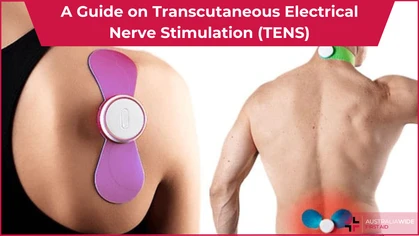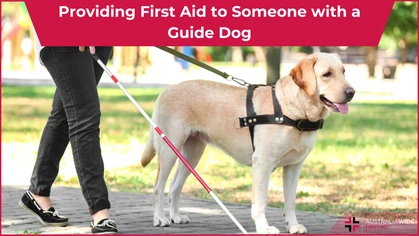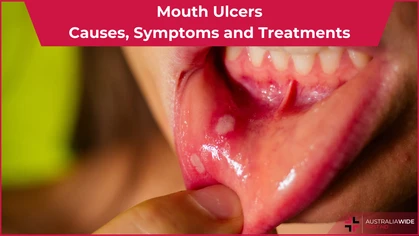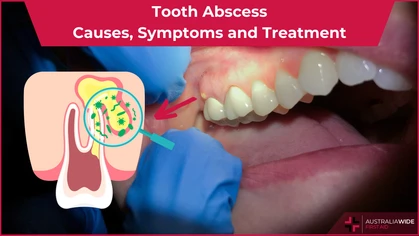Warning Signs of Alcoholism

General Health-Related
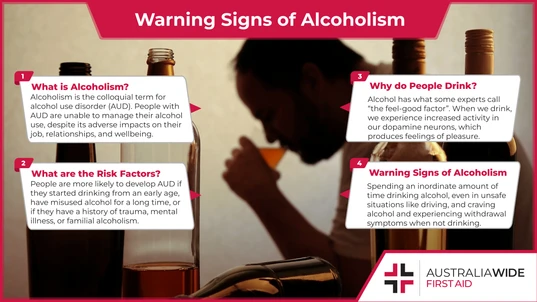
AUD occurs when a person is unable to control their alcohol consumption, even when it is negatively impacting their personal and professional obligations. It is important to know the warning signs of AUD, as it can result in chronic health complications.
Alcoholism is the colloquial term for alcohol use disorder (AUD), a medical condition wherein a person is unable to manage their alcohol use. This is despite the adverse impacts their alcohol use may be having on their professional goals, personal matters, and overall health. AUD is also commonly referred to as alcohol abuse, alcohol dependence, and alcohol addiction. In this article, we will be exploring the nature of AUD, and how to tell if a person is struggling with AUD.What is Alcohol Use Disorder (AUD)?
AUD occurs when a person is unable to manage their alcohol use, even when it is impeding their daily function or putting their safety at risk. AUD can be mild, moderate, or severe, depending on how many symptoms of AUD a person experiences. However, even mild AUD can escalate to more severe cases, as the more frequently a person abuses alcohol, the greater their tolerance to alcohol becomes, and the more alcohol they need to drink to feel “happy” (more on these happy feelings later). Per the Alcohol Rehab Guide, people struggling with AUD “often feel as though they cannot function normally without alcohol”.What are the Risk Factors of AUD?
- Alcohol misuse: A person’s risk of developing AUD partly depends on how often they consume alcohol, how quickly they consume alcohol, and how much alcohol they consume on any given occasion. As such, regular binge drinking and heavy alcohol use can increase the risk of AUD.
- Consuming alcohol from an early age: Studies show that people who begin drinking at an early age i.e., before the legal drinking age, are at a higher risk of AUD.
- Genetics or Family History: The interplay between a person’s genes and their environment can increase their risk of AUD. While AUD can be inherited, a person’s relationship with alcohol can also be shaped by the drinking patterns of their parents and other close relatives.
Why do People Drink Alcohol?
Another risk factor of AUD is a history of trauma or mental health problems. This is because alcohol has what Alcohol Change UK calls “the feel-good factor”. When we start drinking, we experience increased activity in our mesolimbic reward pathway; specifically, in our dopamine neurons. These dopamine neurons subsequently produce feelings of joy, pleasure, and euphoria, and they make us want to do more of whatever we are doing i.e., drinking alcohol. As such, people commonly start drinking alcohol to relieve stress, to cope with loss, and to mask feelings of shame or isolation.Warning Signs of AUD
As we touched on earlier, turning to alcohol as a coping mechanism can lead to dependency, as the more you abuse alcohol, the more alcohol you need to drink to experience the Feel-Good Factor. And long-term AUD can increase a person’s risk of numerous chronic conditions, including liver disease, heart problems, and some cancers. Below are some warning signs to look out for, if you or someone you know is suspected of being in the throes of AUD:- Spending an inordinate amount of time drinking alcohol, getting alcohol, or recovering from alcohol use.
- Craving alcohol when you are not drinking it.
- Prioritising alcohol above personal responsibilities, including professional obligations, social activities, and hobbies.
- Continuing to drink alcohol even when it is causing problems in your work, relationships, and health.
- Being unable to control your alcohol consumption, despite multiple attempts to do so.
- Drinking alcohol in situations that are considered unsafe, such as driving or swimming.
- Feeling the need to keep drinking more, due to an increased tolerance to its sedative effects.
- Experiencing withdrawal symptoms, such as nausea, when you don’t drink alcohol.
Getting Help
If you or someone you know is suffering from AUD, consult your healthcare provider for advice. There are numerous treatment options available for people with AUD, including support groups and mental health professionals - a list of organisations, websites, and services that offer alcohol support can be found on the Australian Government Department of Health's website. In the first instance, you might like to talk with a trusted relative or friend about your concerns. Their support will show, you are never alone.Sources
- "Alcohol and your mood: the highs and lows of drinking", Alcohol Change UK
- "What is Alcoholism?", Alcohol Rehab Guide
- "Alcohol use disorder", Mayo Clinic
- "Drink and be merry: why alcohol makes us feel good, then doesn't", The Guardian
- "Understanding Alcohol Use Disorder", National Institute of Alcohol Abuse and Alcoholism
Originally published at
https://www.australiawidefirstaid.com.au/resources/warning-signs-of-alcoholism
as part of the Australia Wide First Aid Articles Library


